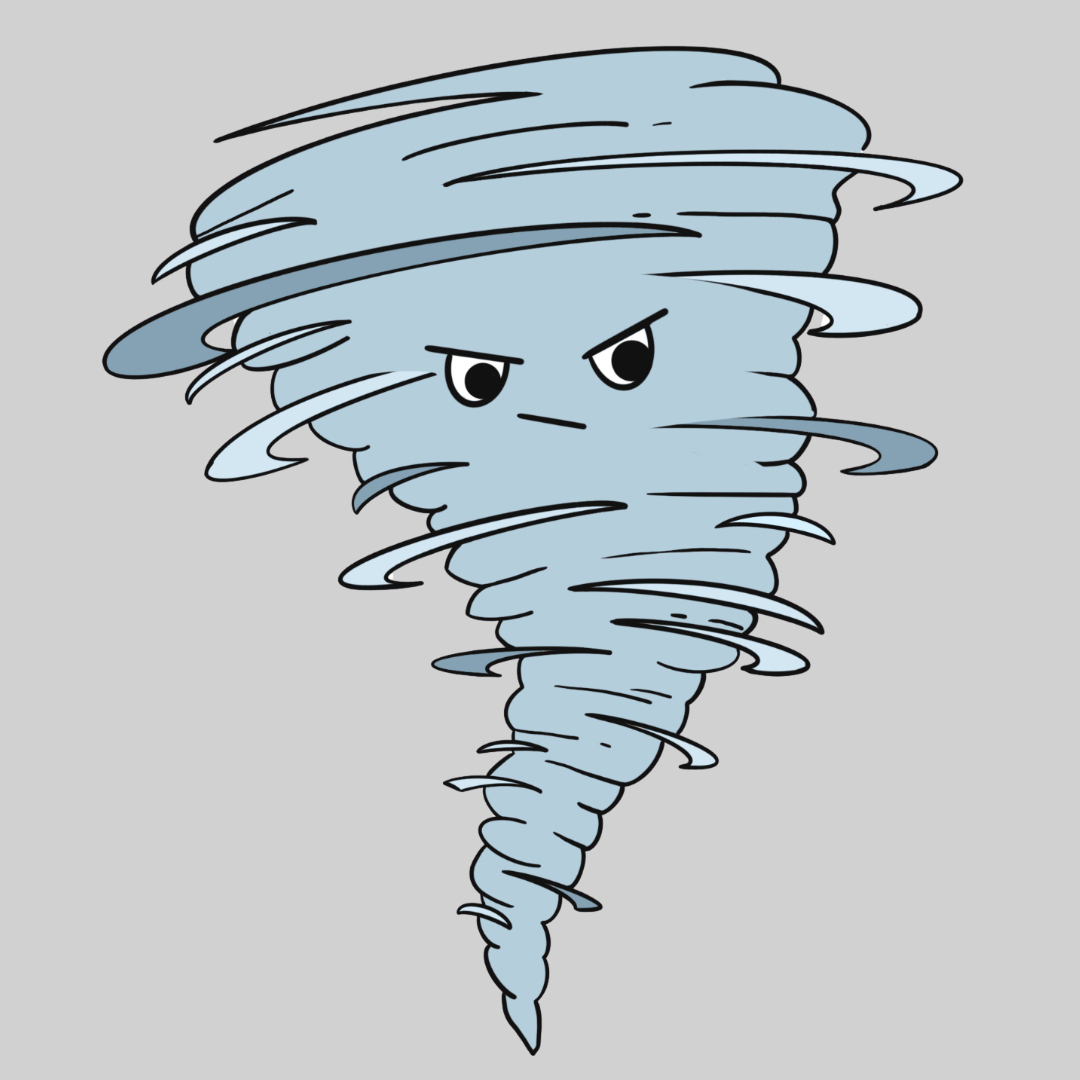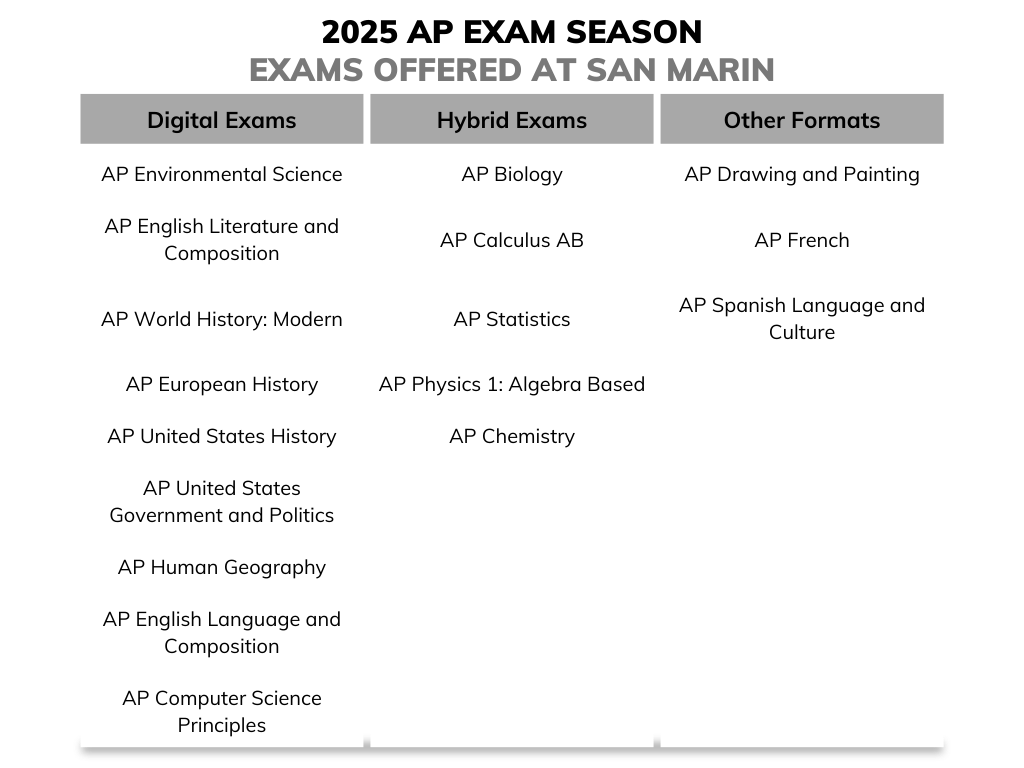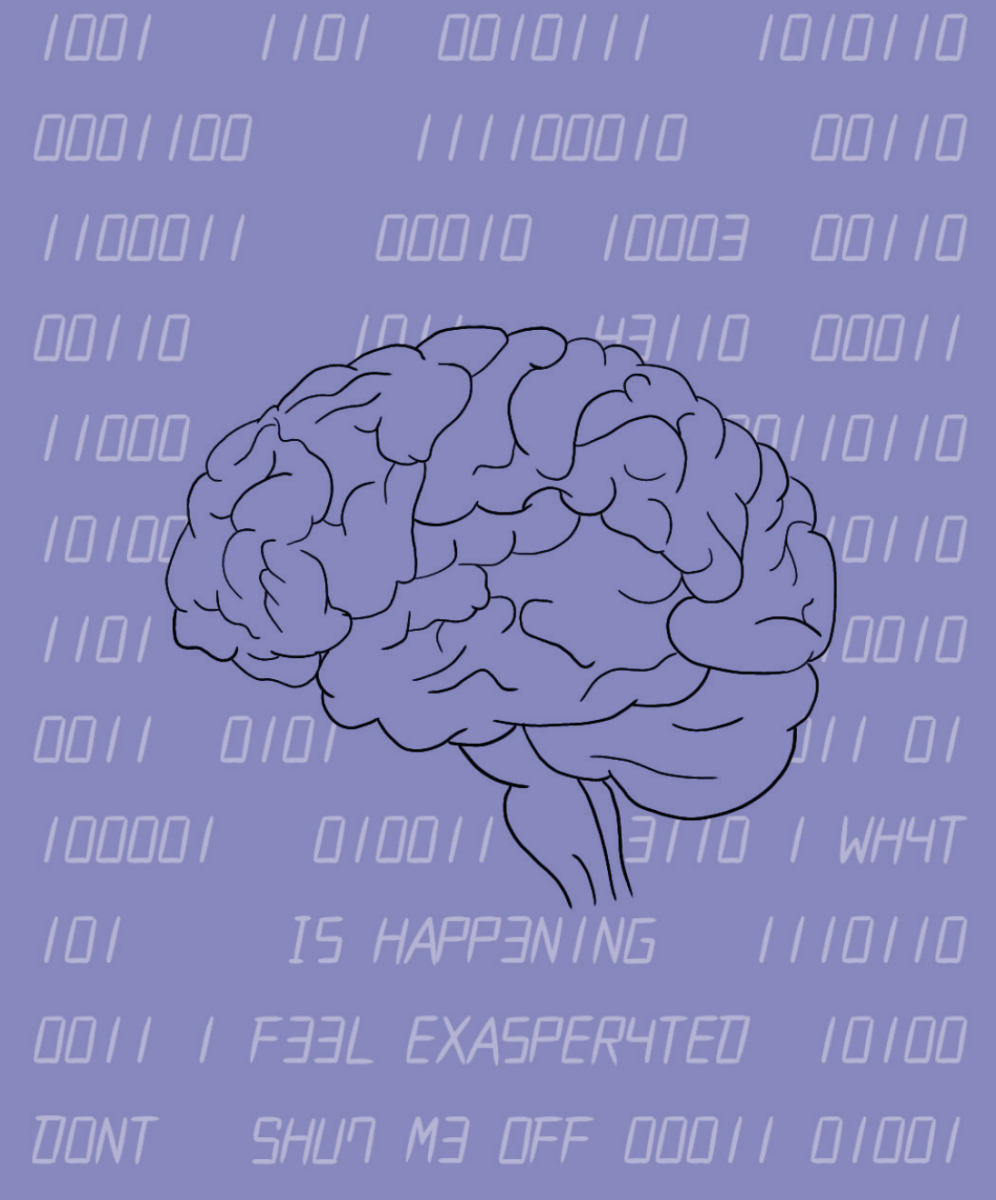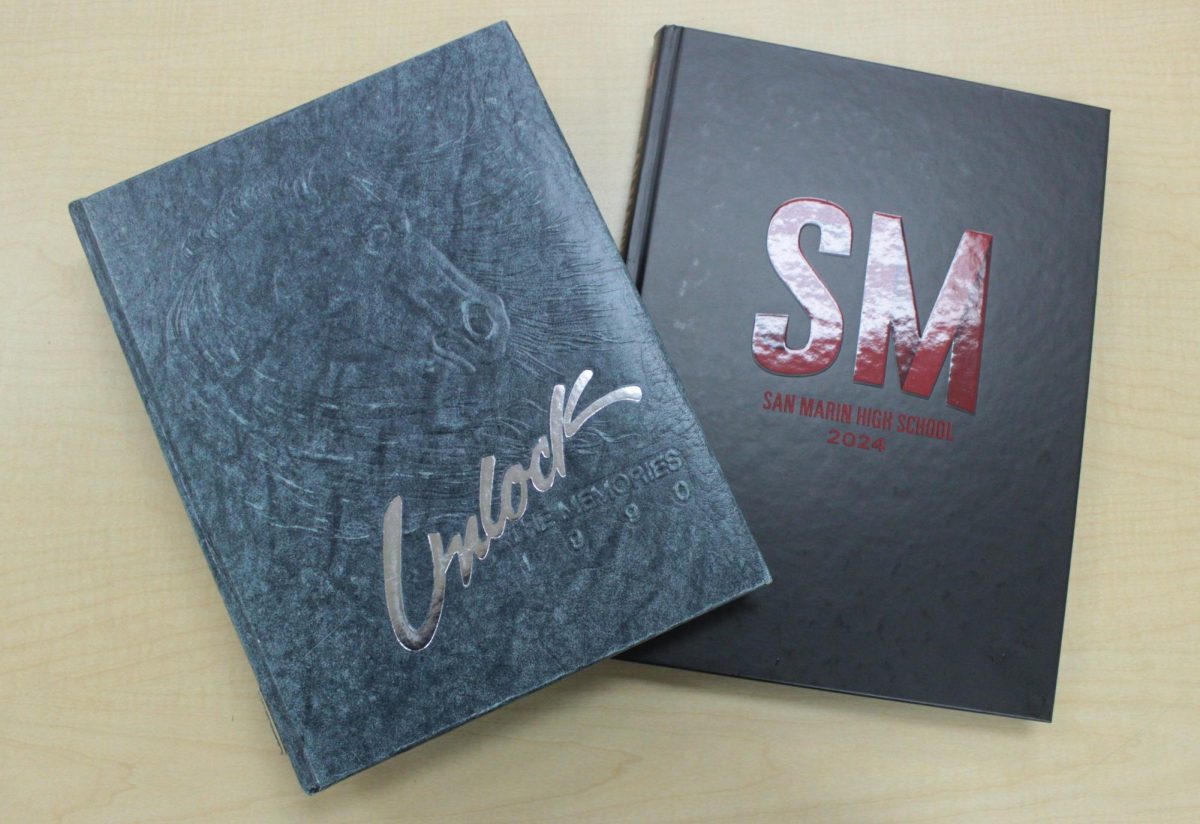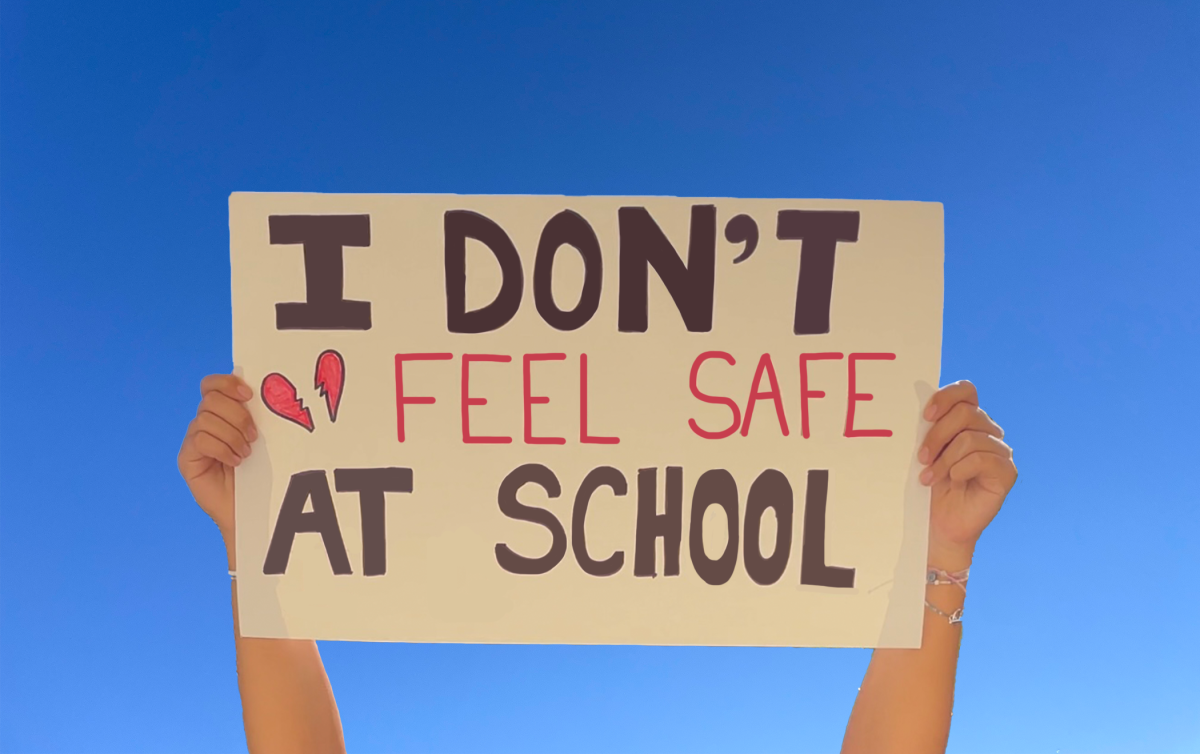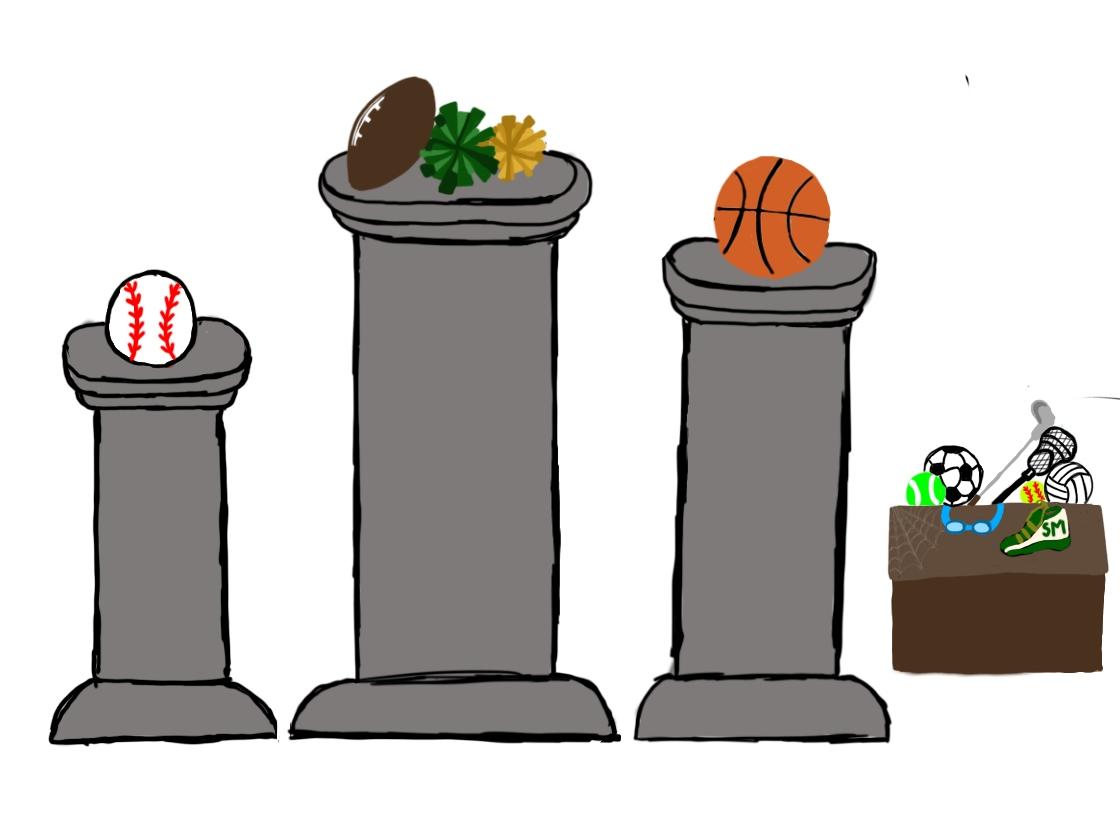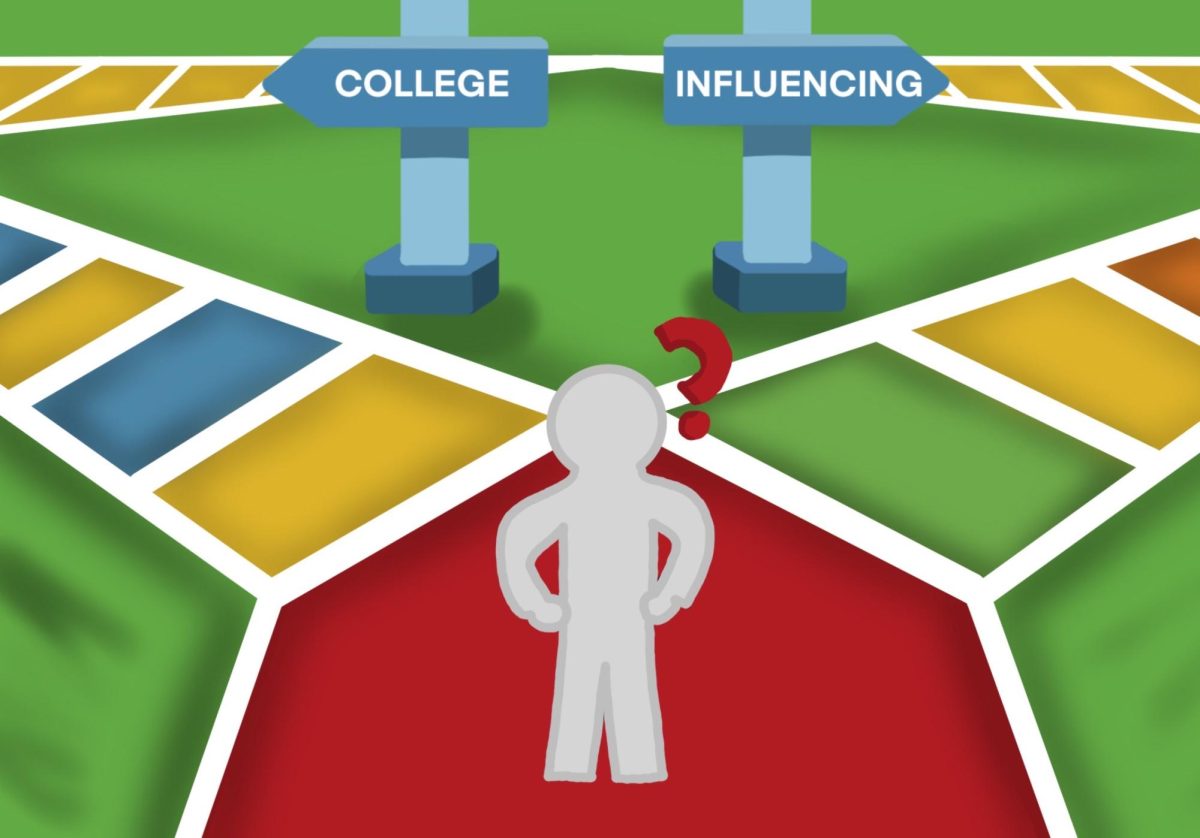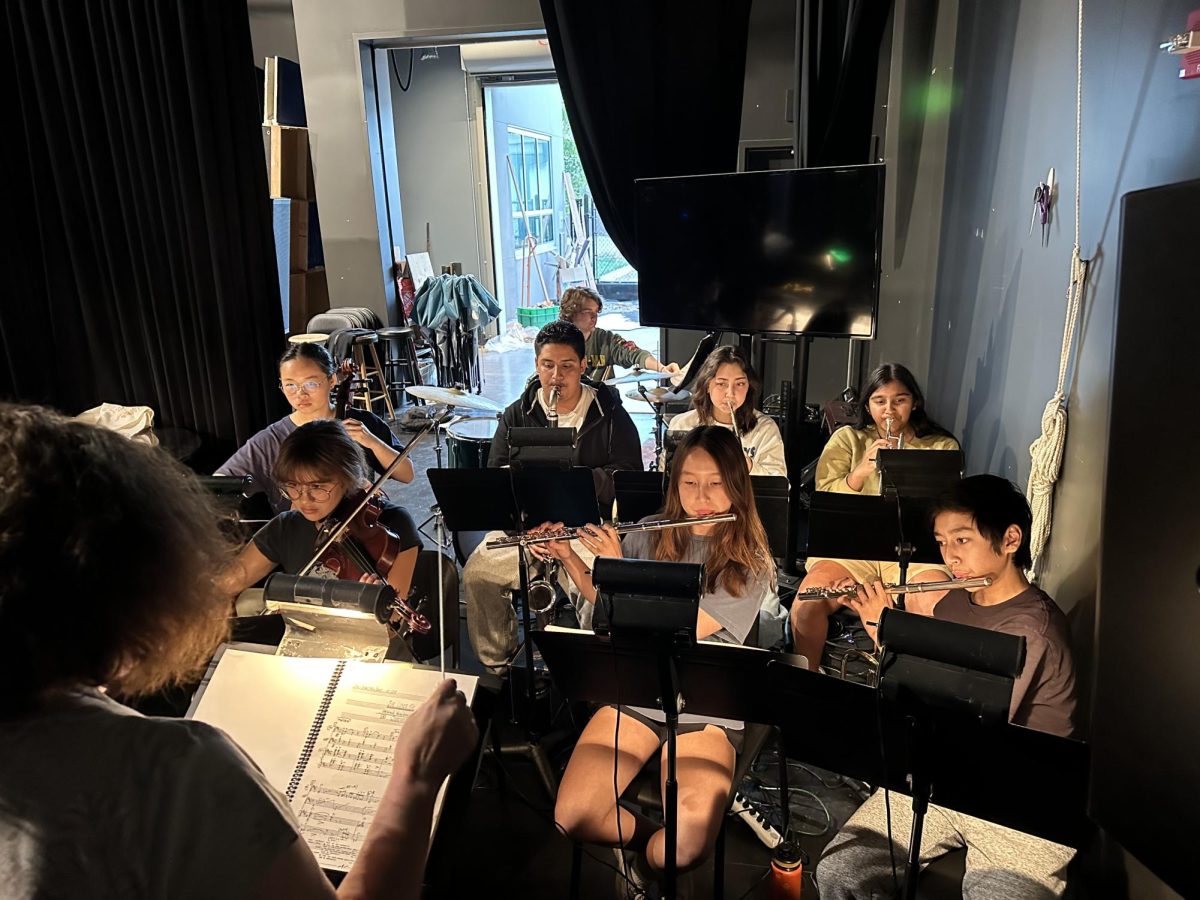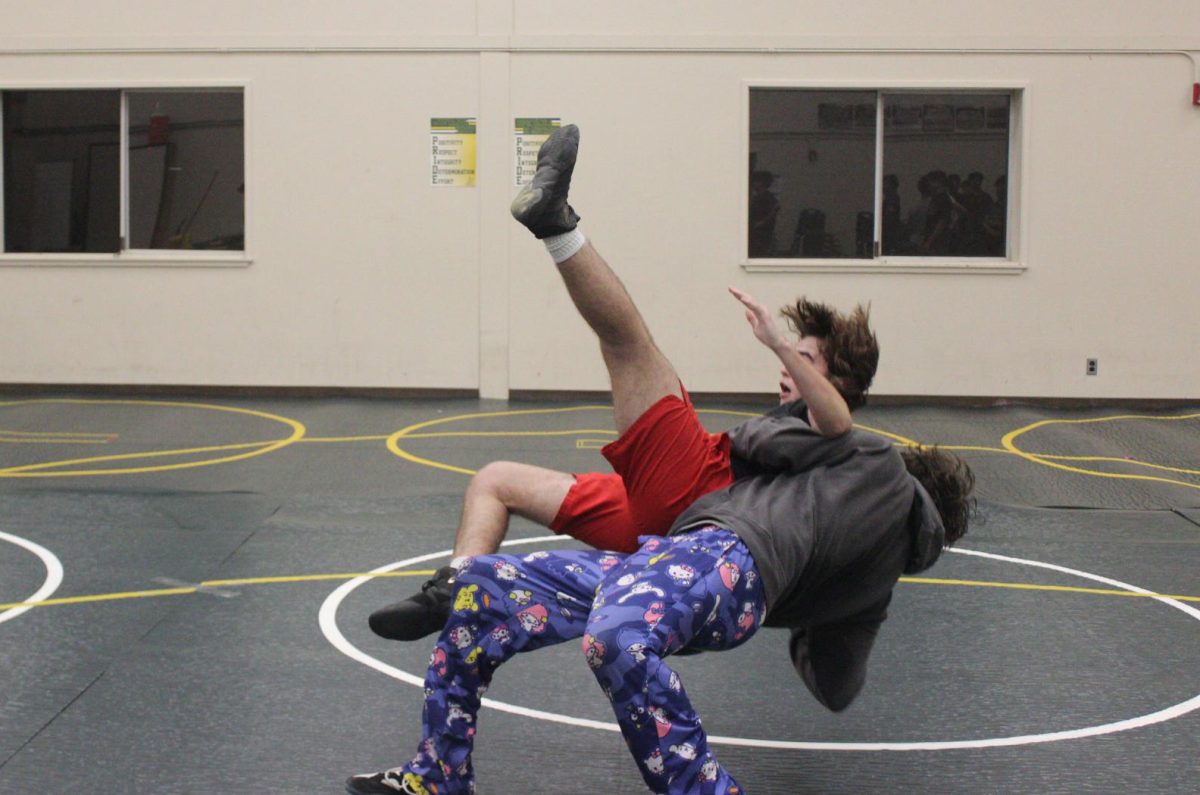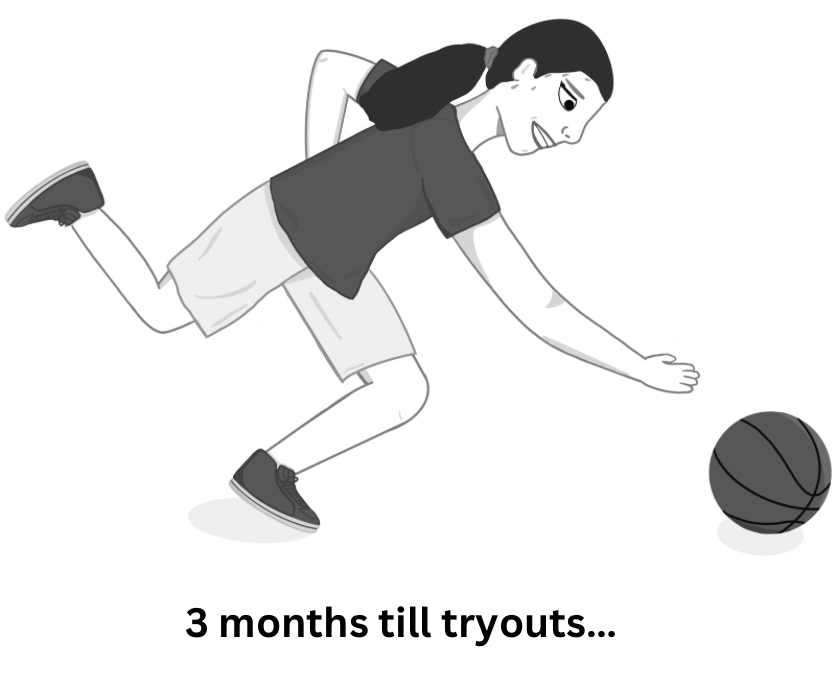The Proficiency Scale Grading system has been used at San Marin for about 3 years. This grading style aims to help students see what skills in a subject they already excel at and skills they need to focus on improving.
Proficiency Scale Grading was created to focus on what students have actually learned versus the points they are given through assignments. It aims to help students grow and focus less on the percent grade they receive. It gives students a chance to prove they have fully mastered the content of the subject, as well as allowing students to redo specific topics they need help on rather than the entire subject. Proficiency Scale Grading is intended to improve the school experience and help students. Unfortunately, this is not the reality for many.
Some teachers use the grading scale differently from how it was intended, which can result in higher grades being more difficult to obtain in certain classes for some students.
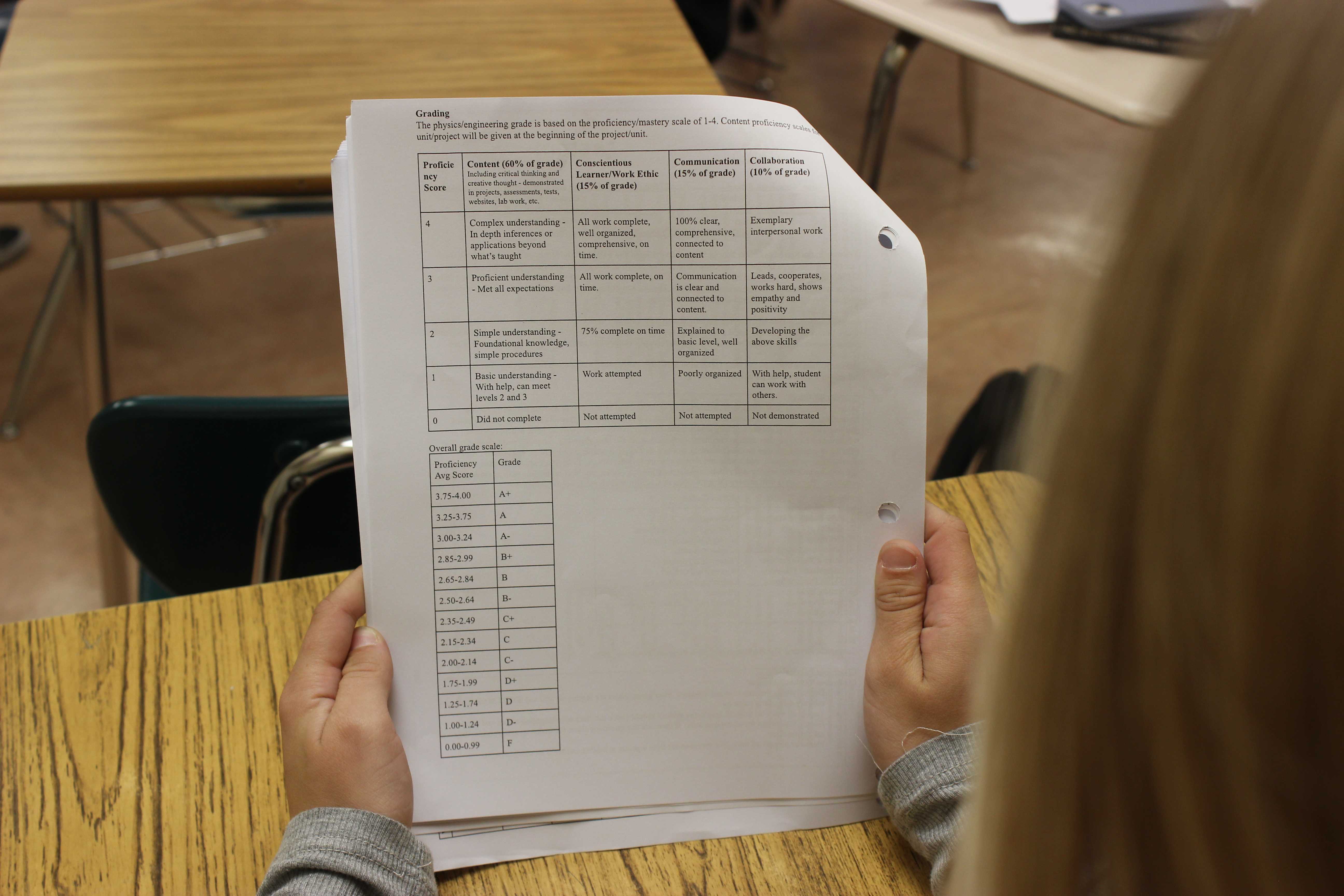
Many departments have switched to Proficiency Scale Grading, causing controversy among students.
Freshman Tipkritta (Tippy) Thomson, shared that she has a more challenging time getting the grades she usually achieves when using standard grading.
“With the four-point grade system, I think that expectations are higher. A three is like an average grade, but to get a four, you have to go above and beyond expectations; sometimes you don’t know what a teacher wants from you,” Thomson said.
Although Proficiency Scale Grading was created to assist students, the inconsistency among how teachers use this system has made it more of a hindrance to students like Thomson.
“I don’t like this grading system as much as the standard one hundred points…The expectations tend to change from teacher to teacher, which makes it more difficult to get a higher grade,” Thomson said.
Audrey Germer, a sophomore, also shares similar opinions with Thomson. Germer strongly dislikes Proficiency-Based Grading and argues that it is unfair to students.
“Proficiency Grading is super unfair towards high achieving students… It’s not consistent in all my classes, and teachers have different expectations for each number. I can’t even get a four in one of my classes, so it’s impossible to get a perfect score on anything,” Germer said.
Not all students necessarily feel this way. Freshman Reese Cordero enjoys this grading system more than standard percentage grades. She believes that this system has improved her grade, and that she prefers it to percentage grading.
“I like Proficiency Scale Grading, it makes it easier to get the grades I want, and overall my GPA has improved,” Cordero said.
She infers that Proficiency Scales make it far more manageable to do well in her classes, because it allows her to understand what skills she needs to improve.
Principal Jennifer Larson is a prominent advocate for Proficiency Scale Grading and eventually wants to have all classes use this system in hopes students will succeed.
“Proficiency Based Education (PBE) is a roadmap for students and families,” Larson said. “PBE is just a simple way to say everyone deserves the same information… With it you don’t have to repeat a class, you just have to redo the skills you need to improve…”
She understands the struggle some students have in school, and advocates for PBE since it “levels the playing field.” Larson shared that the consistency and specificity of Proficiency Scales is what makes it preferable to a standard grading system. Larson also acknowledges the complaints about the system.
“The teacher gets to decide how the grading scale is, but most teachers have adopted the recommended scale online,” Larson said. “The definition on how to get those (one, two, three, or four on the grading scale), is the online scale. To get a four you have to do something active with the material, you have to apply it. Basically a three is that you can do it, a four is that you can apply it to the real world.”

